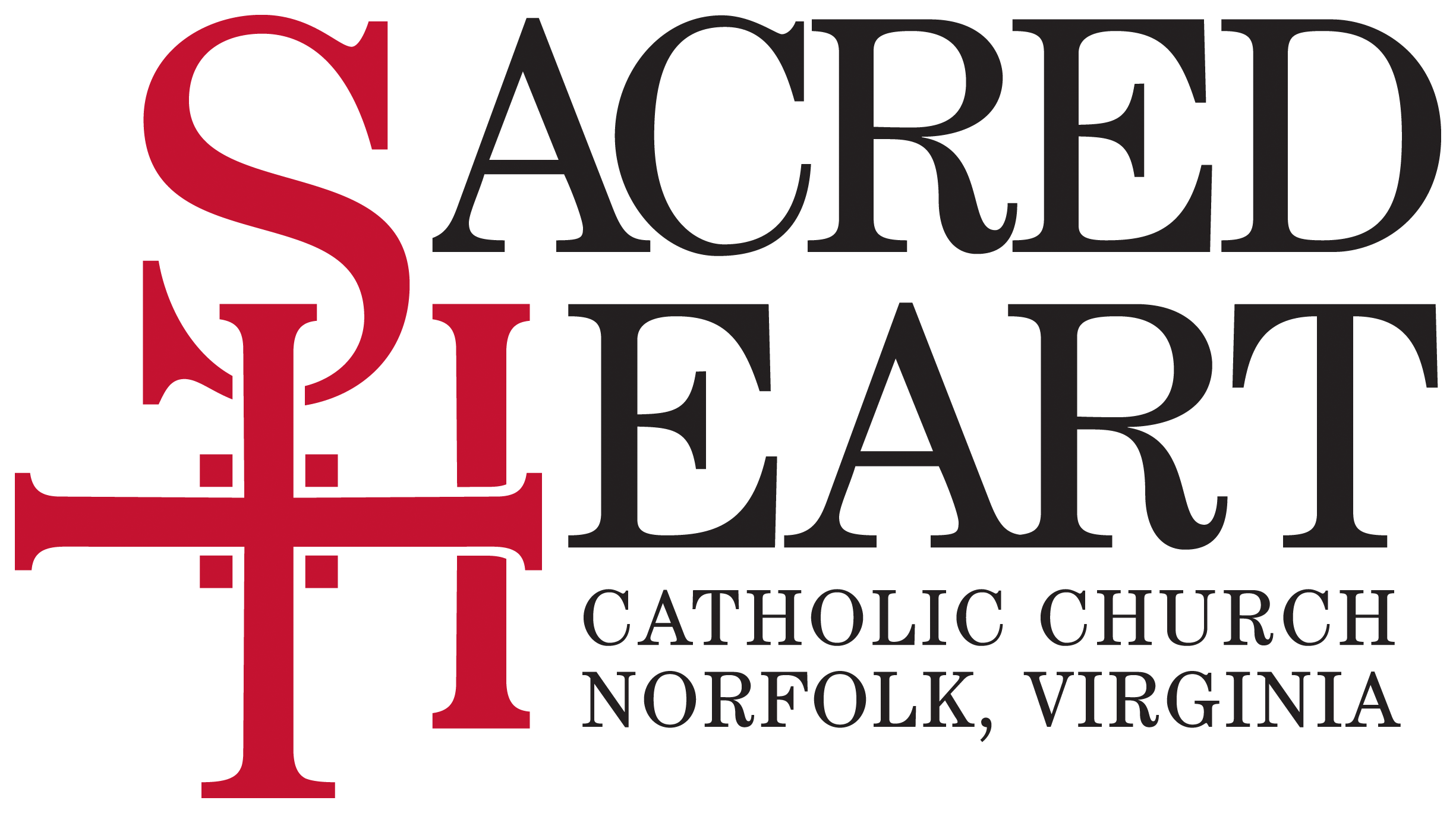Charles Hamilton Sorley was born in Aberdeen, Scotland. He was educated at King’s College School, Cambridge and, then at Marlborough College (1908–13). Before taking up a scholarship to study at University College, Oxford, Sorley spent a little more than six months in Germany from January to July 1914, three months of which were at Schwerin studying the language and local culture. Then he enrolled at the University of Jena and studied there up to the outbreak of World War I. He returned to England and immediately volunteered for military service in the British Army. He joined the Suffolk Regiment as a Second Lieutenant and was posted to the 7th (Service) Battalion. He arrived on the Western Front in Boulogne, France on 30 May 1915 as a lieutenant, and served near Ploegsteert. He was promoted to Captain in August 1915. Sorley was killed in action near Hulluch, during the final offensive of the Battle of Loos on 13 October 1915. Having no known grave at war’s end, he is commemorated on the CWGC Loos Memorial.
The last two stanzas of his poem Expectant expectavi were set to music in 1919 by Charles Wood; this anthem for choir and organ quickly established itself in the standard repertoire of Anglican cathedrals and collegiate churches.
Sorley is regarded by some, including the Poet Laureate John Masefield (1878–1967), as the greatest loss of all the poets killed during the war.
Here is the complete poem. The last two verses which are used in the composition that the choir sings as one of the Communion pieces are italicised.
Expectans Expectavi
Legacy
[edit]
Marlborough and Other Poems was published posthumously in January 1916 and immediately became a critical success, with six editions printed that year. His Collected Letters, edited by his parents, were published in 1919.
Robert Graves, a contemporary of Sorley’s, described him in his book Goodbye to All That as “one of the three poets of importance killed during the war”. (The other two were Isaac Rosenberg and Wilfred Owen.) Sorley may be seen as a forerunner of Sassoon and Owen, and his unsentimental style stands in direct contrast to that of Rupert Brooke.
The last two stanzas of his poem Expectans expectavi were set to music in 1919 by Charles Wood; this anthem for choir and organ quickly established itself in the standard repertoire of Anglican cathedrals and collegiate churches.
Sorley is regarded by some, including the Poet Laureate John Masefield (1878–1967), as the greatest loss of all the poets killed during the war.
On 11 November 1985, Sorley was among 16 Great War poets commemorated on a slate stone unveiled in Westminster Abbey‘s Poet’s Corner. The inscription on the stone was taken from Wilfred Owen‘s “Preface” to his poems and reads: “My subject is War, and the pity of War. The Poetry is in the pity.”[5]
It Is Easy To Be Dead by Neil McPherson, a play on his life, based on his poetry and letters, was presented at the Finborough Theatre, London, and subsequently at Trafalgar Studios, London, in 2016 where it was nominated for an Olivier Award.[7] It subsequently toured to Glasgow and Sorley’s birthplace, Aberdeen, in 2018.
On 9 November 2018, an opinion commentary by Aaron Schnoor published in The Wall Street Journal honored the poetry of World War I, including Sorley’s poem “When You See Millions of the Mouthless Dead”.[8]
The ch
